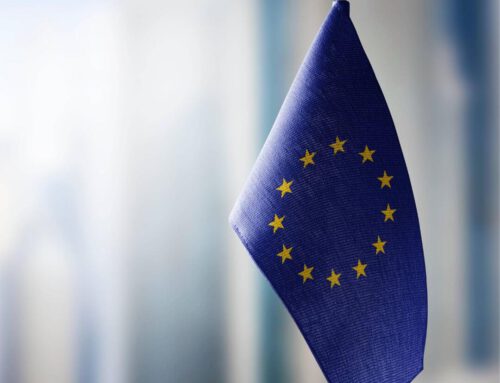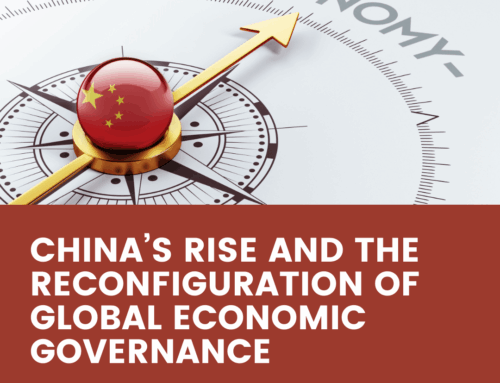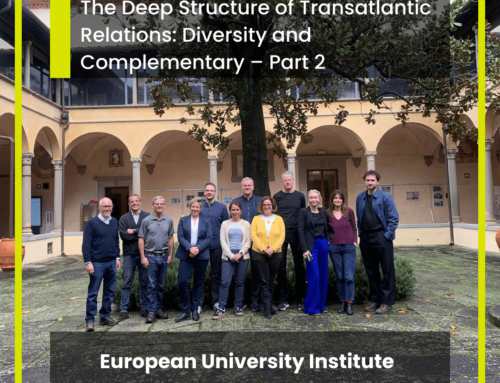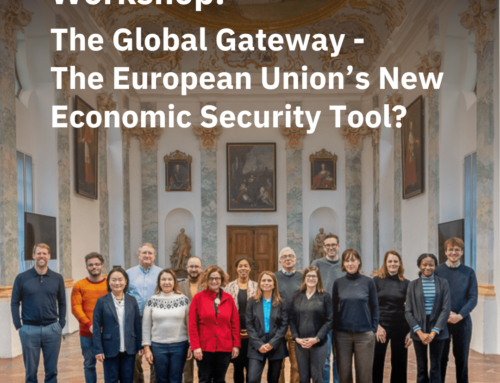What motivates states to hand over some of their decision-making powers to international organizations? And how has the scope of action of certain international organizations changed in recent years as a result of such a transfer of power? These are the kinds of questions Eugénia da Conceição-Heldt addresses.
She has been Professor of International Politics at the Technical University of Dresden since March 2012. Previously, she was funded by the DFG as a Heisenberg Fellow at the Social Science Research Center Berlin (WZB).
In 2013 she will start her new project “DELPOWIO”, for which she has obtained an ERC Starting Grant from the EU. DELPOWIO stands for “Delegation of Power to International Organizations and Institutional Empowerment over Time” and focuses on six well-known international organizations, including the EU. Just like the World Bank and the International Monetary Fund, the EU has steadily gained decision-making powers in recent decades, powers that states have delegated to it. For other well-known international organizations, such as NATO and the World Health Organization (WHO), the authority delegated to them has remained about the same. Which factors have been decisive for these different developments is the subject of DELPOWIO. In the form of a qualitative study, Prof. da Conceição- Heldt as Principal Investigator and her team will compare six international organizations over the period 1986 to 2010. The group will develop a theoretical model of delegation of power that will examine the principle of “institutional empowerment” from different angles. What is particularly innovative about Eugénia da Conceição-Heldt’s idea, as with many ERC projects, is the interdisciplinary nature of her approach: Not only political science concepts, but also economics, law, and organizational sociology are disciplines involved in the project.
Prof. da Conceição-Heldt sees the fact that she can now put her research on a new footing with the help of the ERC and expand her own team as a unique opportunity – “also to establish herself in a research field in the long term.” For this reason alone, she strongly recommends that young female scientists not hesitate if they are qualified, but apply well-informed. Of course, there are some hurdles to overcome on the way to the hotly contested ERC funding, because the competition is fierce. Accordingly, the political scientist sees the first and central challenge in formulating an innovative and excellent research proposal. After that, the next step is to pass the evaluation – the interview and the presentation of the project in Brussels. Prof. da Conceição-Heldt found it a challenge, but also a highly interesting experience, “to convey a presentation clearly and understandably to an audience outside the field.” This is precisely what the National Contact Point ERC offers in the form of training courses, which also incorporate the experience and know-how of successful grantees.
The political scientist sees good, targeted international networking in her own discipline as a prerequisite for making her own profile fit for an ERC application. Scientists should use this to publish in international and renowned journals. Peer reviewing also promotes experience and networking. In concrete preparation for an ERC application, she also recommends exchanging ideas with successful applicants wherever possible.
More information can be found here: https://delpowio.eu




